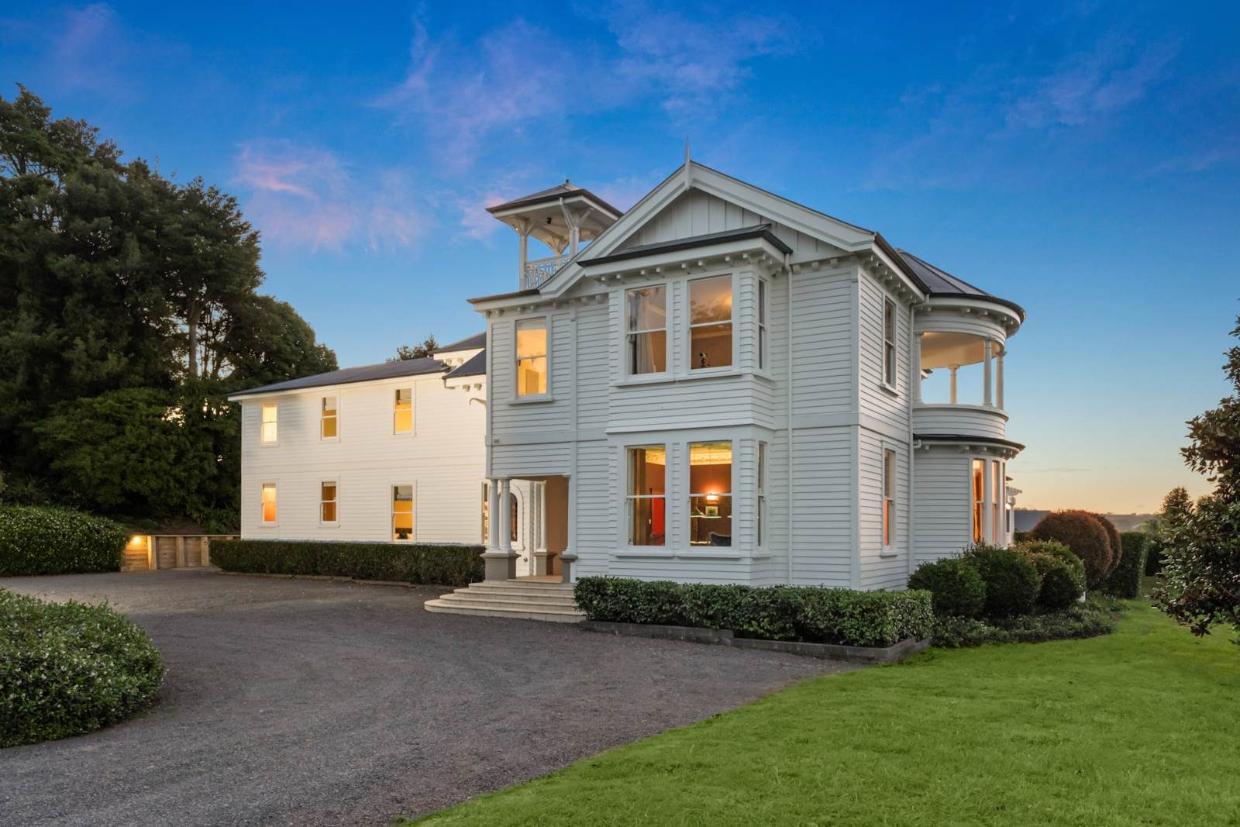Renting Guide
What expenses can you claim on a rental property?
If you’re new to property investment tax can be tricky. We’ve got the answers to make it easier.

What are deductible expenses for rental properties?
What can I claim on a rental property?
Talk to your accountant to make sure you're maximising deductions.
What about interest deductibility on my rental property?
Choosing a good accountant
Author
Search
Other articles you might like







